Characteristics
The first edition published in 2020
by CRC Press
6000 Broken Sound Parkway NW, Suite 300, Boca Raton, FL 33487-2742
and by CRC Press
2 Park Square, Milton Park, Abingdon, Oxon, OX14 4RN
© 2021 Taylor & Francis Group, LLC
CRC Press is an imprint of Taylor & Francis Group, LLC
Reasonable efforts have been made to publish reliable data and information, but the author and publisher
cannot assume responsibility for the validity of all materials or the consequences of their use. The authors
and publishers have attempted to trace the copyright holders of all material reproduced in this publication
and apologize to copyright holders if permission to publish in this form has not been obtained. If any
copyright material has not been acknowledged please write and let us know so we may rectify in any
future reprint.
Except as permitted under U.S. Copyright Law, no part of this book may be reprinted, reproduced,
transmitted, or utilized in any form by any electronic, mechanical, or other means, now known or hereafter
invented, including photocopying, microfilming, and recording, or in any information storage or retrieval
system, without written permission from the publishers.
For permission to photocopy or use material electronically from this work, access www.copyright.com
or contact the Copyright Clearance Center, Inc. (CCC), 222 Rosewood Drive, Danvers, MA 01923, 978-
750-8400. For works that are not available on CCC please contact mpkbookspermissions@tandf.co.uk
Trademark notice: Product or corporate names may be trademarks or registered trademarks, and are used
only for identification and explanation without intent to infringe.
Library of Congress Cataloging-in-Publication Data
ISBN: 978-0-367-35944-7 (hbk)
ISBN: 978-0-429-34277-6 (ebk)
Typeset in Times
by SPi Global, India
Preface
Over the last decades, nanotechnology gained the centre of attraction in all aspects of
modern science, and it has vital applications in the food chain, storage, quality
monitoring, processing, preservation, and packaging. The global population is
increasing rapidly; therefore, there is a requirement to produce food products in a
more proficient, non-toxic, and sustainable way. Food scientists and microbiologists
are interested in food safety and quality assurance to produce excellent-quality food
free of food pathogens. Nanotechnology plays a significant role in fulfilling the
desire of food microbiologists. In this context, scientists developed nanoemulsions,
nanohydrogel, nano-starch-based biofilms, biogenic metal nanoparticles, and nano-
antimicrobials for the eradication of harmful food pathogenic bacteria from a variety
of food products. Furthermore, microorganisms develop a strategical response
towards the existing antibiotic drugs by developing innate immunity which results in
evasion of the process of examination. Although antibiotics have become the
mainstay against the infection caused by microorganisms, however, the resistance of
microorganisms to these antibiotics is alarming on the rise. The resistance of
microorganisms against antibiotics results from the continuous use of antibiotics that
allow the pathogenic microorganism to transform their genotype, resulting in the
emergence of multidrug strains. The development of resistant strains emphasizes the
need to develop effective therapeutic options. Recently, scientists have begun
considering nanomaterials as an alternative to antibiotics due to their effective
biocidal and immunopotentiating properties. The number of nano-components in
conjugation with existing antibiotics, plant bioactive components, essential oils, and
biopolymers for bacterial infections result in lowering of uptake dosage and,
therefore, minimize the toxicity and reduce the probability of development of
resistance. The synergistic approach of nanomaterials with natural components may
serve as a complement to the existing therapies and may help control the serious
bacterial infections. Therefore, the present book is explaining nanotechnological
approaches towards the eradication of harmful effects of pathogenic microorganisms.
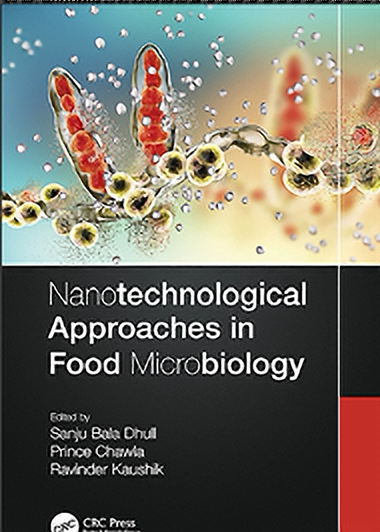

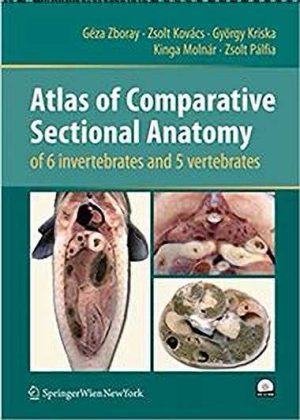
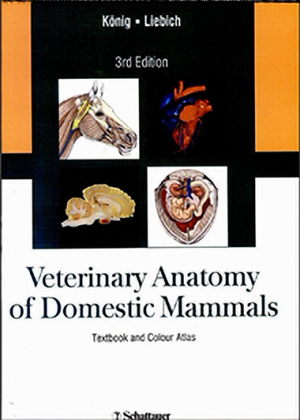
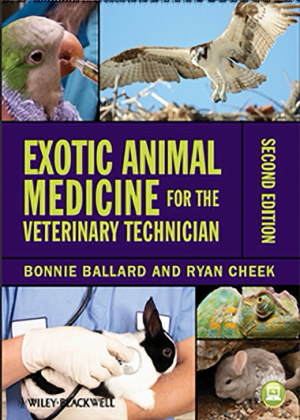
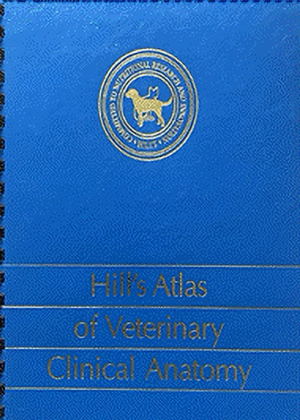
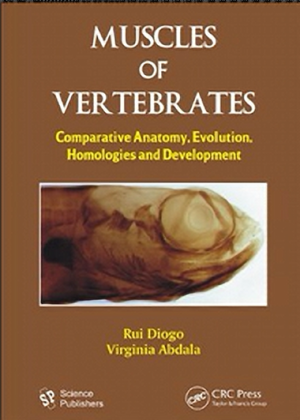
نقد و بررسیها
هنوز بررسیای ثبت نشده است.